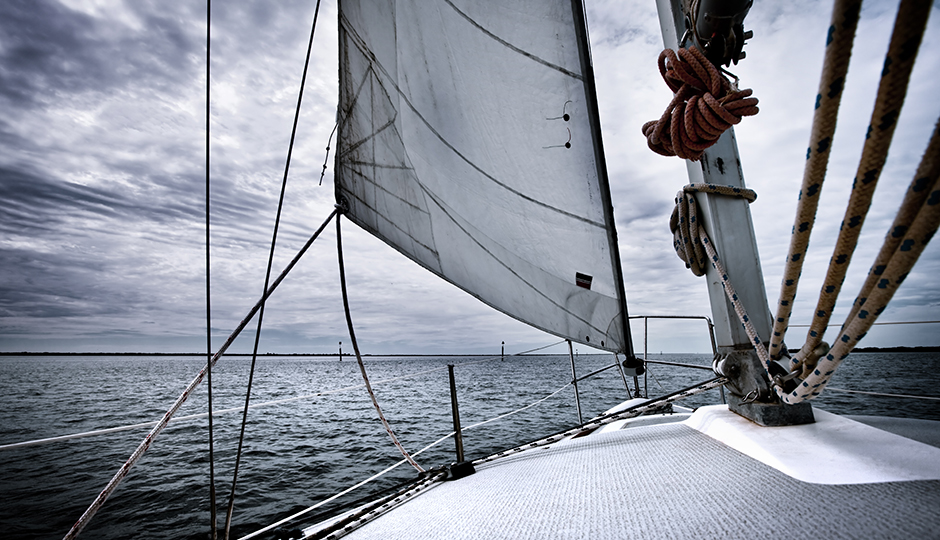With global temperatures on the rise, many people are hoping that commercial fishing will expand into the Arctic. But according to biologist and oceanographer Jean-Éric Tremblay, this is but a utopian dream. While it is true that the sea ice is melting, that does not mean a bonanza for northern deep-sea fishermen. Marine prospectors will need to turn to other waters, for the Arctic is no future El Dorado.
The domino effect that one might expect climate change to have on Arctic fisheries—melting sea ice cover, increase in phytoplankton due to enhanced light availability, boom in fish populations that rely on phytoplankton for food—is not as straightforward as all that, warns the Université Laval researcher and member of the research group Québec-Océan. Indeed, while studying the Canadian Arctic by remote sensing and from on board the Amundsen, he observed that, in addition to light, marine phytoplankton needs food—nitrogen, phosphorus, etc.—in order to grow.
Marine prospectors will need to turn to other waters, for the Arctic is no future El Dorado.
"But oceans have a major flaw: the highest concentration of nutrients is found near the ocean floor, because particles tend to sink to the bottom, releasing their nutrients at great depth. This deprives surface algae of essential fertilizer", he explains. "Only strong winds can mix the water column vertically and lift nutrients towards the phytoplankton." In the Arctic environment, this mixing is suppressed by a layer of fresh water floating on the surface of the salt water. Like a layer of oil that doesn't mix, this fresh water from rivers and melting glaciers impedes the rise of nutrients.
Jean-Éric Tremblay expects global warming to intensify this phenomenon. Glacier melt will continue to feed the fresh water barrier, limiting the benefits of increased light levels. The best we can hope for is an increase in windstorms that, combined with a significant reduction in the ice cover, will break through the fresh water membrane and open up the phytoplankton's underwater pantry.




